Anger is an inevitable emotion; everyone feels it. For some it is a mild annoyance, while for others it’s a fuming rage- we experience anger in some form every day. For some people, their anger can become a serious problem if not managed properly.
By “a serious problem”, I mean the kind of anger that creates constant negativity in your system, reduces your productivity, increases your blood pressure, and causes a number of other unwelcome changes in your life. In Buddhist teachings, anger is labeled as an “afflictive emotion”, meaning a state of mind that leads to suffering.
Understanding the nature of suffering and eliminating it are the primary purposes of Buddhism. In Buddha’s words- “Both formerly and now I teach only one thing: the nature of suffering and its ending.” And anger is one of the main sources of our sufferings. You might be thinking that anger is a necessary emotion, needed for fighting against injustice, for protecting ourselves against danger, and so on. But the reality is that all these things are better handled when we are calm instead of angry. With a calm and collected mindset, and ruled by compassion and kindness instead of anger- we are actually better equipped to deal with our problems. We are more insightful and effective.
Thus, we need a few strategies to eliminate angry mental states and restore calmness.

Here are five ways followed in Buddhist teachings to deal with anger.
1) Consider What Anger Does To You.
As pointed out by the Buddha, an angry person often wishes ill upon their enemy. They secretly wish that their enemy doesn’t sleep well, suffers losses, is ugly, and doesn’t have the support of other people. However, more often than not, these are all the things that happen to any angry person.
When a person is angry and holds grudges, naturally he/she sleeps badly, isn’t able to focus on work, and rarely enjoys life. They are so negative that others prefer to stay away from them. There is nothing more displeasing than the look and company of an angry person. If you have doubts, go stand in front of the mirror and look at yourself the next time you’re angry. (Kodhana Sutta, AN 7.60)
2) Try To Find Something Good In The One You Are Angry At.
This isn’t something easy and takes a lot of humility. The Buddha has used the metaphor of a thirsty man in a jungle who comes across an elephant’s footprint filled with rainwater, but the person is so thirsty that they kneel down and start having the water with their hands. Metaphorically speaking, we need to “kneel down”, be humble, and be willing to see the good in the person we are angry with.
When we feel angry our perception becomes biased. All we can see is the ill-intentions of the person. The other person appears willfully malicious and unforgivable. And these thoughts further feed our anger.
However, if we can bring ourselves to be a little humble, and find some good things in the person we are angry with, then they will feel less like an enemy. Our anger will subside and calmness will be restored, initiating the healing process.
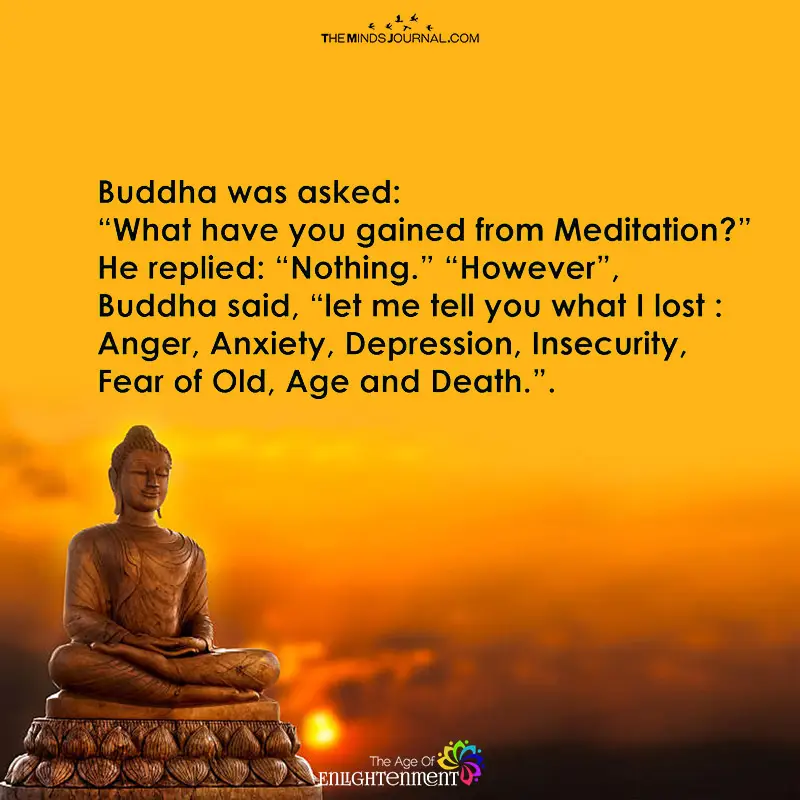
3) Remember Something Good That They Did To You In The Past.
No person is completely evil and the world is not black and white; we are all but different shades of grey. So chances are that the person you are angry with at the moment has done something good for you in the past. And the truth is that we usually get the angriest with the people close to us. If the person you are angry with is your family or a friend, chances are he/she has done many good things for you in the past. Don’t overlook everything in the heat of anger. Remember their good deeds. It will help you come out of the spiral of negativity in your mind and restore calmness.
Read 5 Life Changing Lessons You Can Learn from Buddha
4) Visualization.
The Buddha preached about the importance of non-anger pretty intensely. He said that you were a true disciple of the Buddha only if you remained calm even in the face of extreme provocation. Even if someone were to finish you to pieces with a two-handed saw, you shouldn’t let anger take over your system (Kakacupama Sutta, MN 21). To overcome one’s anger, the Buddha advised his disciples to meditate.
While meditating, visualize yourself to be like the vast earth, the flowing river, or the empty space. Mother earth is vast and calm; no matter how people treat it, whether they dig in it or make massive constructions, it is still the earth, calm and abundant. Similarly, you should be yourself even when something triggers your anger.
Alternatively, you can also visualize yourself as “empty space” or a “flowing river”. The river keeps flowing no matter what and empty space is void of everything. The point is, you should just be. Don’t be affected by all the negativity around you. However, if the negativity is so high that these visualizations aren’t helping, then you can try visualizing yourself as a person calmly riding towards the sunset.
5) Meditation “Metta Bhavana”.
This is a form of meditation that’s like preventive medicine. It is a traditional practice in many streams of Buddhism to start and end every meditation with “Metta Bhavana”, a process where one cultivates feelings of compassion, love and kindness. Metta Bhavana is a meditation exercise where one evokes good thoughts and positive feelings about other people. It creates goodwill. You begin with yourself first. As you meditate, think along the lines- “I am well, happy and at ease”. Visualize yourself as a happy and content person and at your best.
Next, visualize concentric rings around yourself, this innermost being formed of the people you love. Wish them well, wish them happiness and peace. Now gradually move to the outer rings, wishing the same for the people you know less well, and finally move to the farthest rings comprising the ones you are angry with. Think “May they be well, happy and at ease”. If the people you are angry with were as good as you’re currently wishing them to be, they would no longer be unlikeable and hurtful. So wish everyone well, for their wellbeing and your own peace of mind.
By developing the habit of cultivating goodwill through mindfulness and meditation, you fortify your own reserves of good feelings and also develop a changed worldview, which is in accordance with the deeper truth. It makes you aware of the similarities at the core of all human beings– that each one of us wish for happiness and freedom from the sufferings of the world. This kind of viewpoint is good for your vision and mind, ensuring that you will feel less angry in the first place. And even if a situation arises where you feel a surge of anger, it will help you detach yourself from those feelings more easily.
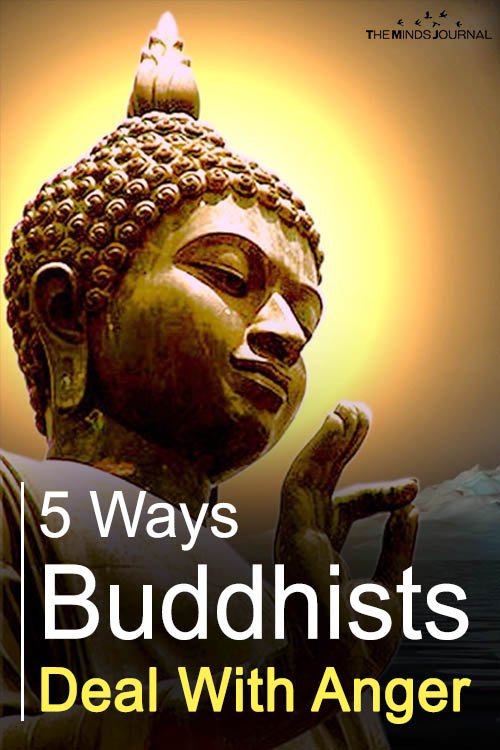
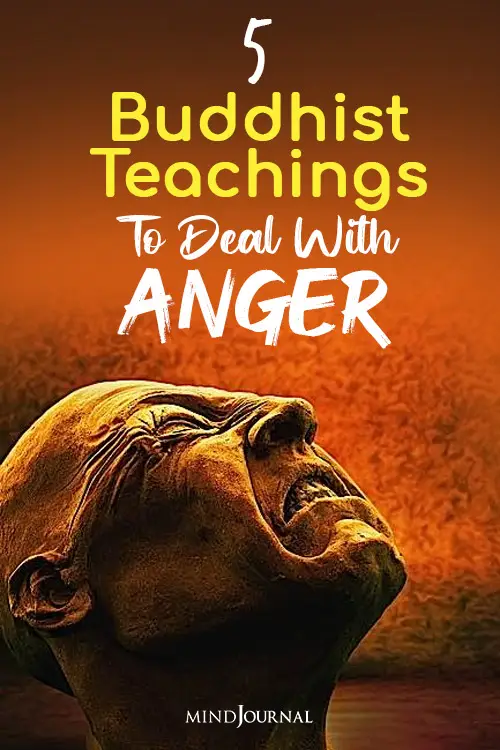
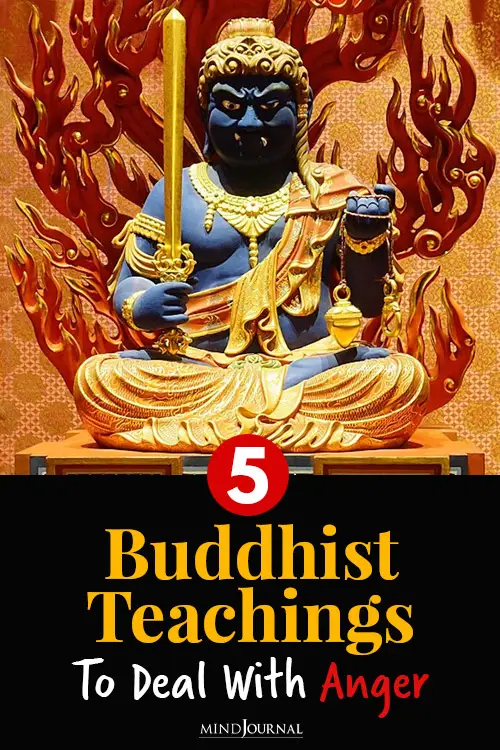
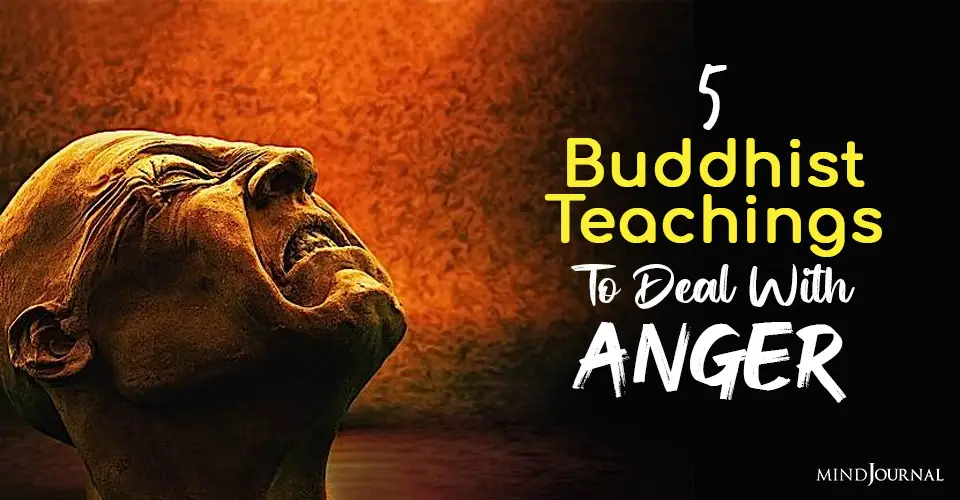







Leave a Reply
You must be logged in to post a comment.